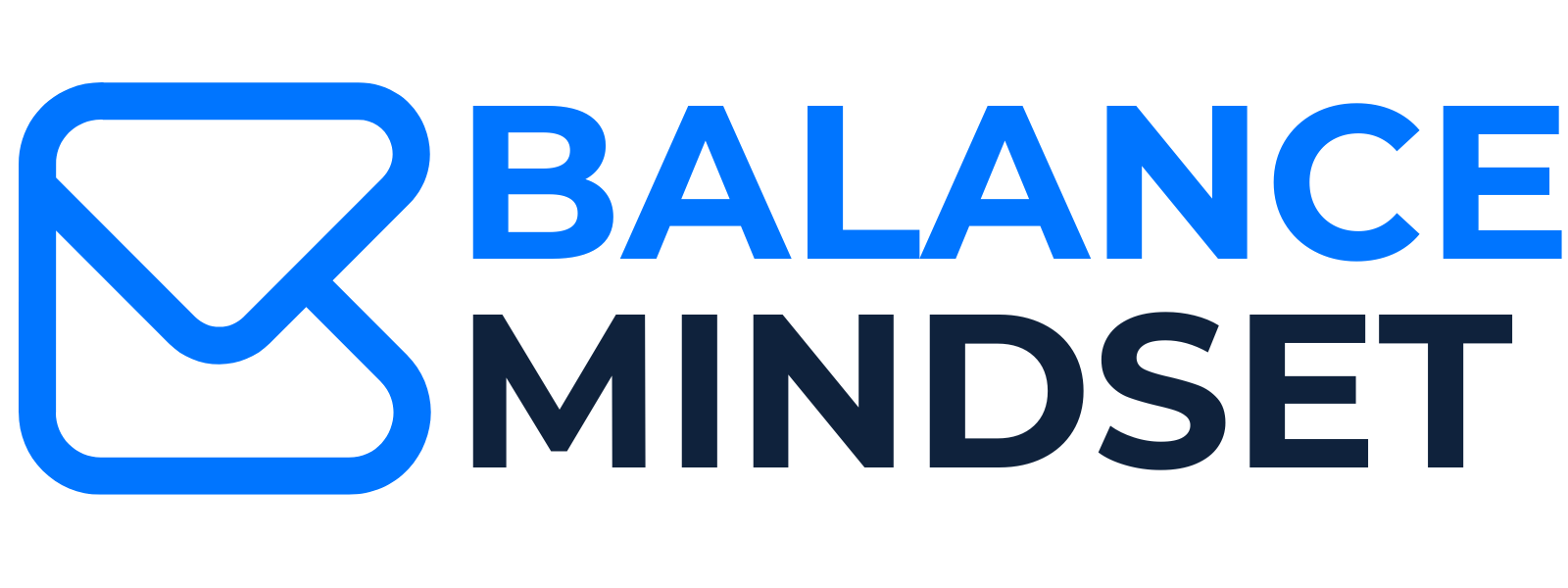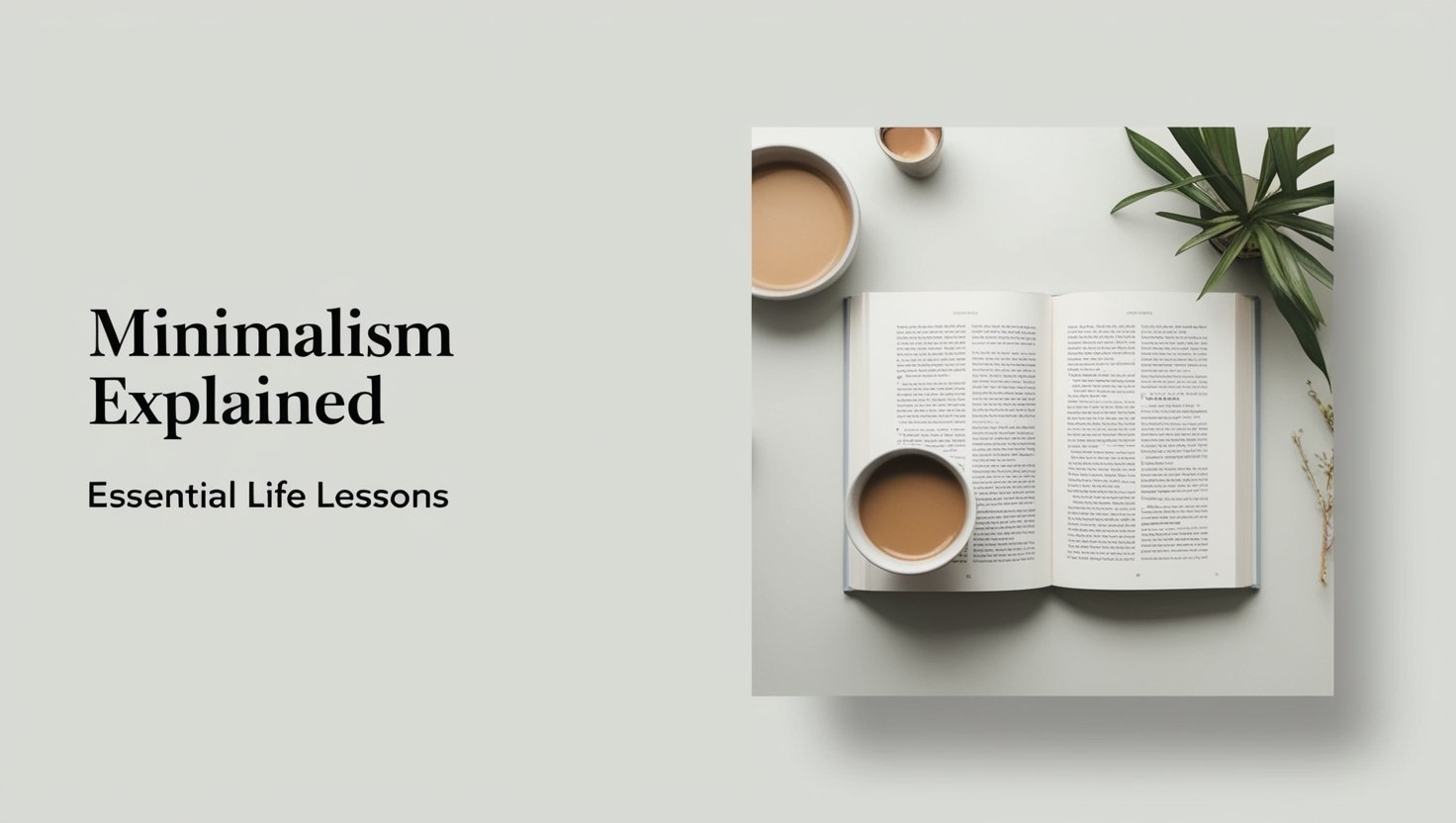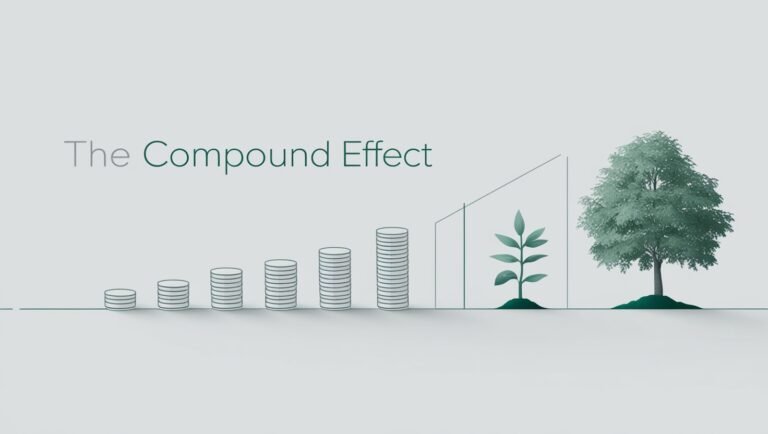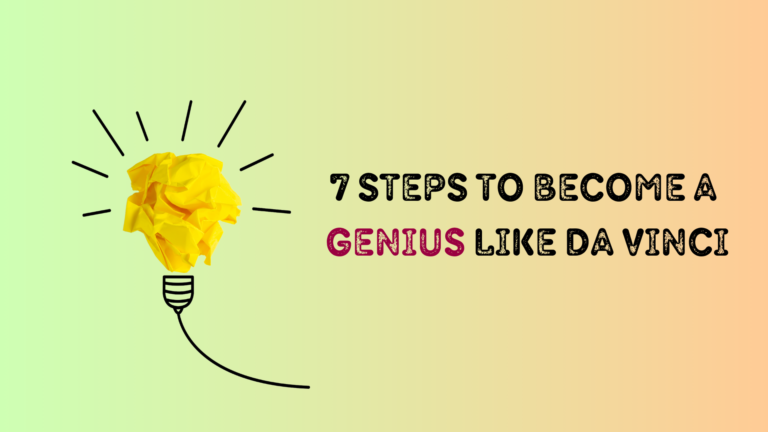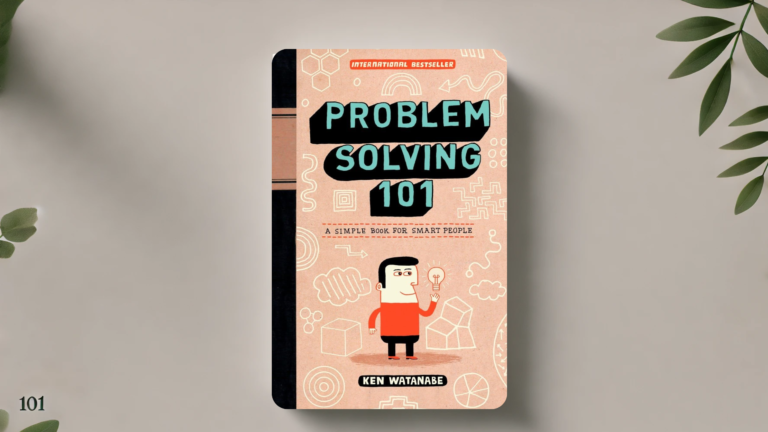The book “Minimalism: Essential Essays” by Joshua Fields Millburn and Ryan Nicodemus provides a collection of essays to help readers explore minimalism as a lifestyle. The authors focus on removing excess from our lives to focus on what truly matters. Here is a comprehensive summary of the key takeaways from each chapter with relevant quotes:
1. Minimalism and Simplicity
- Keynotes: Minimalism emphasizes removing the unnecessary to make room for the essential. It’s about prioritizing happiness over material possessions. Simplicity helps eliminate the clutter in life, which leads to more peace and freedom.
- Quote: “Love people, use things. The opposite never works.”
2. Living in the Moment
- Keynotes: Minimalism allows one to live in the present by detaching from the past and not worrying about the future. Being present means being aware of what truly matters, appreciating simple joys, and not being distracted by possessions.
- Quote: “By focusing on fewer things, we give ourselves the freedom to focus on the moment.”
3. Emotional Health
- Keynotes: Emotional clutter (regrets, fears, anxieties) weighs us down just as much as physical clutter. A minimalist mindset encourages letting go of these mental burdens and cultivating inner peace.
- Quote: “Our possessions are often a reflection of our emotional baggage.”
4. Passion, Growth, and Success
- Keynotes: Pursuing minimalism allows for focusing on passions and personal growth rather than distractions like consumerism or status. Success is redefined not by material wealth, but by personal development and fulfillment.
- Quote: “Minimalism is a tool that can help you rediscover your passion.”
5. Contribution and Service
- Keynotes: Minimalism encourages contributing to others, helping, and adding value rather than focusing on what we can accumulate. It’s about creating a positive impact on the world by doing more with less.
- Quote: “The best way to contribute to the world is to give more, need less.”
6. Relationships and Community
- Keynotes: Minimalism brings attention to building meaningful relationships and spending time with people who truly matter. It encourages forming deep connections rather than superficial ones based on material wealth.
- Quote: “People are the real riches in our lives, not things.”
7. Avoiding Over-Consumption
- Keynotes: The pursuit of possessions often leads to debt, stress, and dissatisfaction. Minimalism teaches that consuming less and focusing on needs rather than wants creates a sense of freedom and contentment.
- Quote: “Too much stuff distracts us from the things that truly matter.”
8. Work and Productivity
- Keynotes: Minimalism applies to our professional lives by promoting efficiency and intentionality in work. It suggests reducing unnecessary tasks, meetings, and distractions to boost productivity and job satisfaction.
- Quote: “Do less, but do it better.”
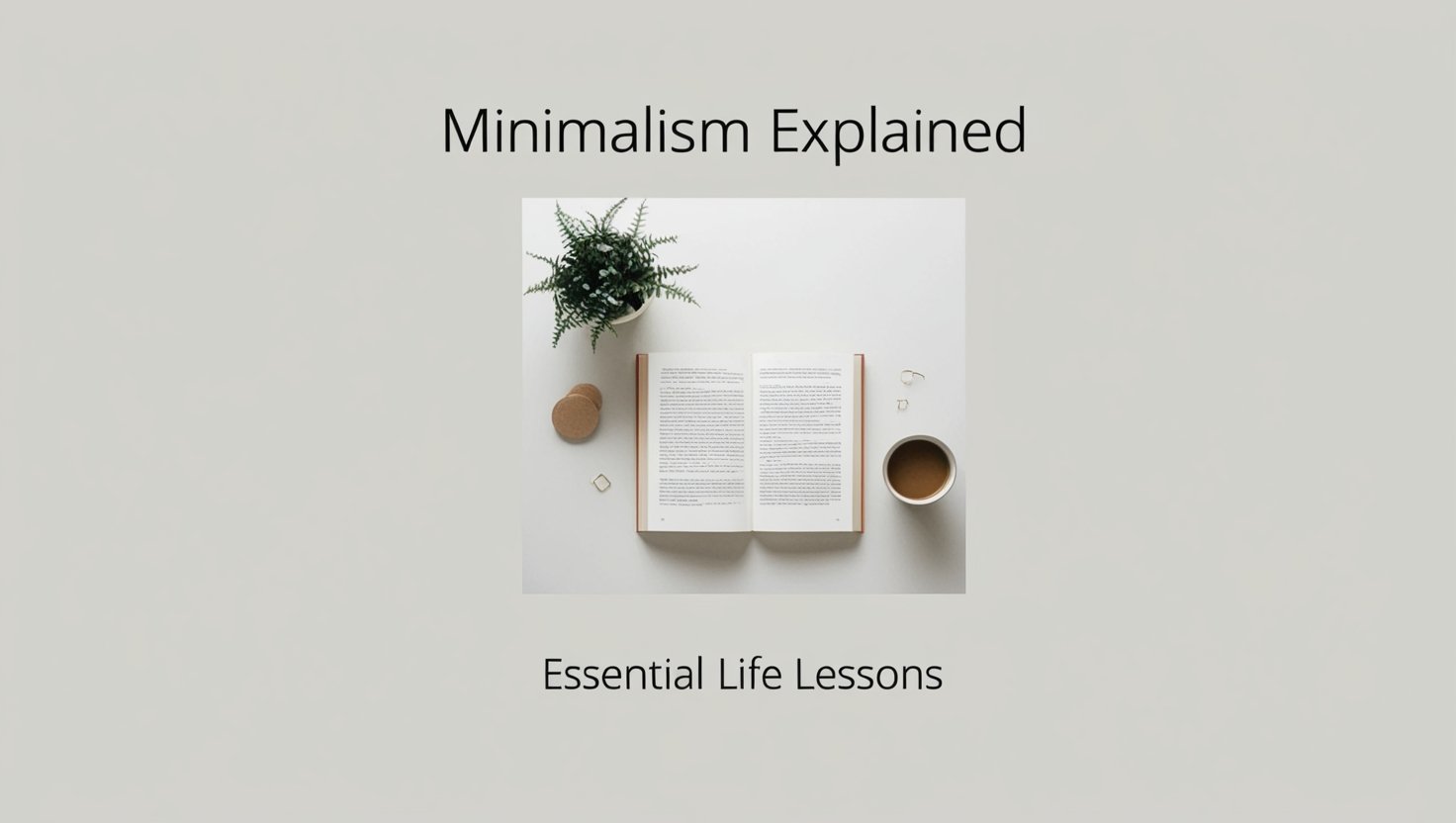
9. Experiences Over Things
- Keynotes: True joy comes from experiences and memories rather than material objects. Minimalism encourages spending on activities and time with loved ones rather than acquiring more possessions.
- Quote: “Experiences bring more happiness than things.”
10. Minimalism with Children
- Keynotes: Minimalism can be applied to parenting by teaching children values like gratitude, purpose, and mindfulness rather than encouraging materialism. It also emphasizes quality over quantity when it comes to toys and belongings.
- Quote: “Teach your children to appreciate moments, not things.”
11. Letting Go of Fear
- Keynotes: Many people cling to their possessions out of fear—fear of loss, failure, or change. Minimalism teaches us to let go of these fears, live with less anxiety, and find peace in simplicity.
- Quote: “The things we hold onto are often the things that hold us back.”
12. Finding Purpose
- Keynotes: Minimalism helps people discover their life’s purpose by removing distractions and focusing on what is most important. It encourages living intentionally and with meaning.
- Quote: “Minimalism is the key to discovering what you truly value in life.”
13. Health and Well-Being
- Keynotes: The minimalist lifestyle encourages better physical and mental health by reducing stress, promoting mindfulness, and allowing more time for self-care and well-being.
- Quote: “A cluttered life leads to a cluttered mind, which leads to a cluttered body.”
14. Minimalism and Finances
- Keynotes: Financial freedom is one of the biggest advantages of minimalism. By cutting out unnecessary expenses and living below one’s means, people can save more, reduce debt, and focus on experiences that matter.
- Quote: “Spend less, live more.”
15. Sustainability and the Environment
- Keynotes: Minimalism encourages mindful consumption that helps the environment by reducing waste, excess, and the strain on natural resources. It promotes sustainability and ethical choices.
- Quote: “The planet benefits when we consume less.”
Summary:
“Minimalism: Essential Essays” encourages readers to adopt a minimalist lifestyle by removing excess and focusing on what truly matters—relationships, personal growth, health, and meaningful experiences. It emphasizes living in the moment, reducing stress, and finding happiness through simplicity, rather than through material possessions.
Key Quotes for Reflection:
- “Love people, use things.”
- “Do less, but do it better.”
- “Experiences bring more happiness than things.”
Buy this Book:
If you are ready to explore minimalism further, check out Minimalism: Essential Essays on Amazon. It’s a perfect start for anyone seeking to live a more intentional and simplified life while supporting your journey through the affiliate link!
